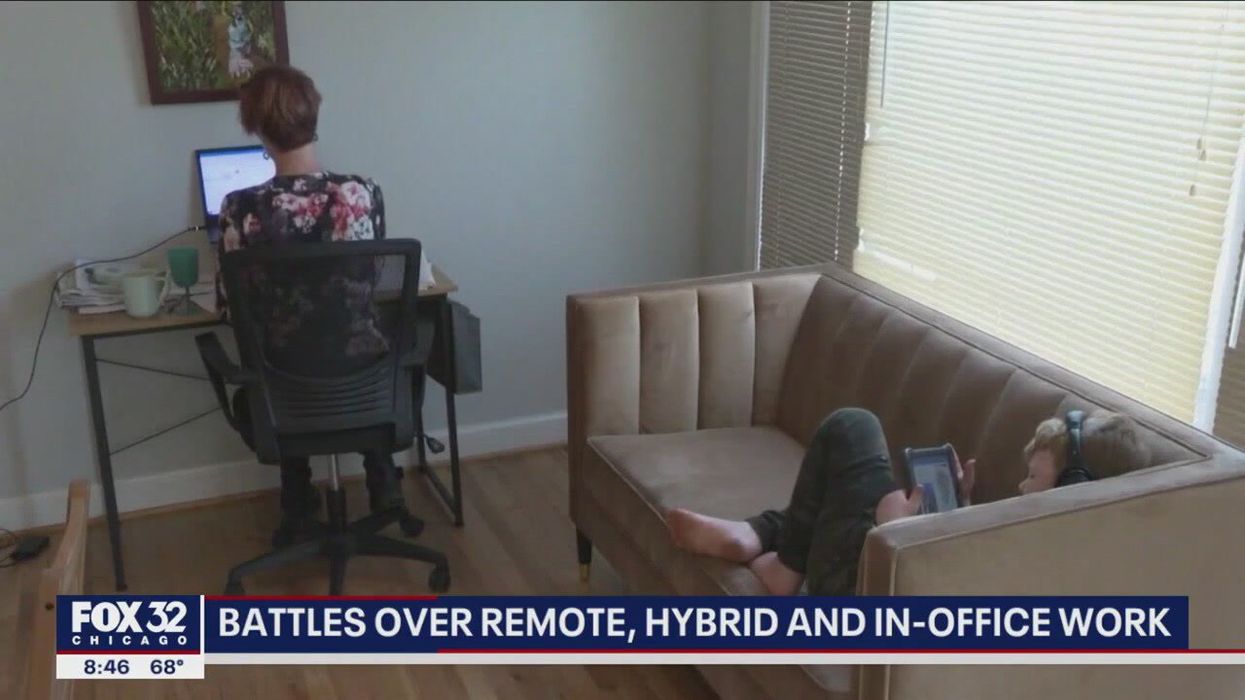People in the UK are seeing work as less important than ever before, according to a new survey.
According to the World Values Survey by King's College London's Policy Institute, 73 per cent of people in the UK say work is "very or rather important in their life" - the lowest of 24 countries involved in the study.
UK workers are closely followed by those in Russia and Canada, where 74 per cent and 75 per cent of people value work the same.
Meanwhile, the Philippines and Indonesia scored 99 per cent while 96 per cent of people in Italy and Spain agreed it is important and 94 per cent did in France.
Speaking about the findings, Prof Bobby Duffy, director of the Policy Institute at King's College London, told the BBC the findings suggest a "steady drift towards a greater focus on getting work-life balance right" in the UK, with "people less likely to think work should be prioritised over spare time, that hard work leads to success, or that not working makes people lazy".
However, there were generational differences.
Prof Duffy said there are "very different views between generations in the UK, with older generations more likely to say work should be prioritised, even as it becomes less important in their own lives as they move into retirement.
"Millennials, in contrast, have become much more sceptical about prioritising work as they've made their way through their career."
According to the survey, more than half of UK millennials say it would be better if there was less emphasis on career and work in their lives. Older generations are not as likely to share this view, with just over a third of baby boomers agreeing.
Explaining the generation divides, Prof Duffy said: "There will be a number of explanations for these shifts, from the nostalgia that tends to grow as we age, in thinking younger generations are less committed than we were, and the long-term economic and wage stagnation that will lead younger generations to question the value of work."
He also added that the trend in the UK among younger generations in particular reflects a changing attitude across higher income countries too.
"The data also shows a long-term shift in preferences for work-life balance across a wide range of richer countries, where over the last 40 years across many major economies, more now say that it would be a good thing if less importance was placed on work."
The survey also suggested that this attitude has increased over time in the UK.
Between 1981 and 2022, the share of the British public who said it would be a good thing if less importance was placed on work rose from 26 per cent to 43 per cent, the study said.
This view also rose from 25 per cent to 41 per cent in Canada and from 30 per cent to 45 per cent in Germany.
The survey also concluded that the UK has one of the most favourable views of people who don't work, with only Sweden less likely than the UK to say non-working individuals are "lazy".
Sign up to our free Indy100 weekly newsletter
Have your say in our news democracy. Click the upvote icon at the top of the page to help raise this article through the indy100 rankings.














